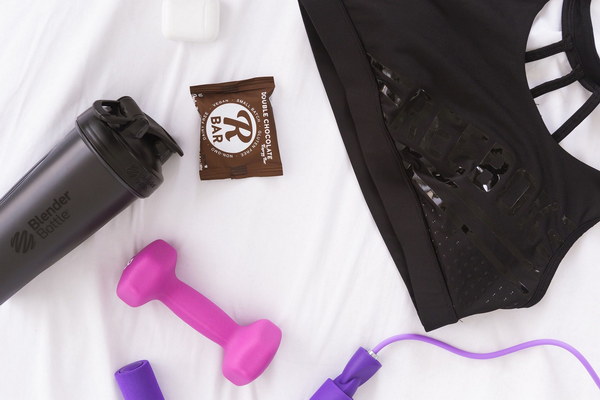Organizing Your Herbal Supplements A Guide to Effective Storage and Accessibility
In the pursuit of health and wellness, many turn to herbal supplements to support their daily well-being. Whether you're a seasoned supplement user or just beginning your journey, organizing your collection of herbal remedies is crucial for both safety and convenience. Here’s a comprehensive guide to help you organize your herbal supplements effectively.
1. Assess Your Collection
Before you begin organizing, take a moment to assess your collection. Make a list of all the supplements you have, including their names, dosages, and intended uses. This will help you keep track of what you have and identify any duplicates or expired products.

2. Choose the Right Storage Containers
Select storage containers that are airtight, light-proof, and made from non-reactive materials like glass or BPA-free plastic. These containers will protect your supplements from moisture, light, and oxidation, which can degrade their effectiveness over time.
3. Store Supplements Properly
Different herbs have different storage requirements. Here's a general guide:
- Dry Herbs: Store in a cool, dry place away from direct sunlight. If you use capsules, consider storing them in a separate, clearly labeled container to avoid confusion.
- Liquid Extracts: Store in dark-colored bottles and keep them refrigerated to extend their shelf life.
- Powders: Store in airtight containers and keep them in a cool, dry area. Some powders may need to be refrigerated to prevent clumping.
4. Label Clearly
Label each container with the name of the herb, the dosage, and the expiration date. If the supplement is a blend, include a list of ingredients. This will help you quickly identify what you need and ensure you're using the correct product.
5. Group Supplements by Use
Organize your supplements by their intended use or health concern. For example, you might have a section for immune support, stress relief, or digestion. This will make it easier to find what you need when you're looking to address a specific issue.
6. Rotate Your Supplements
Use the first-in, first-out (FIFO) method to rotate your supplements. Store the newest products in the back and move older ones to the front. This ensures that you use up your supplements before they expire and reduces waste.
7. Create a Reference Guide
Keep a digital or printed reference guide with information about each supplement, including its benefits, potential side effects, and recommended dosages. This will be a valuable resource when you're researching new supplements or trying to remember how to use an existing one.
8. Keep a First Aid Kit Nearby
Store a first aid kit containing basic emergency supplies, such as adhesive bandages, antiseptic wipes, and a thermometer, close to your supplement storage. This way, if you experience an adverse reaction to a supplement, you'll have the necessary items on hand.
9. Regularly Clean Your Storage Area
Keep your storage area clean and clutter-free. Wipe down shelves and containers as needed, and discard any supplements that have expired or have been tampered with.
10. Stay Informed
Supplement recommendations and research can change over time. Stay informed about the latest findings on herbal supplements and consult with a healthcare professional before starting a new regimen.
By following these steps, you can create an organized and efficient system for storing and accessing your herbal supplements. This not only ensures that you're using your supplements safely and effectively but also makes it easier to maintain a healthy lifestyle through natural remedies.









